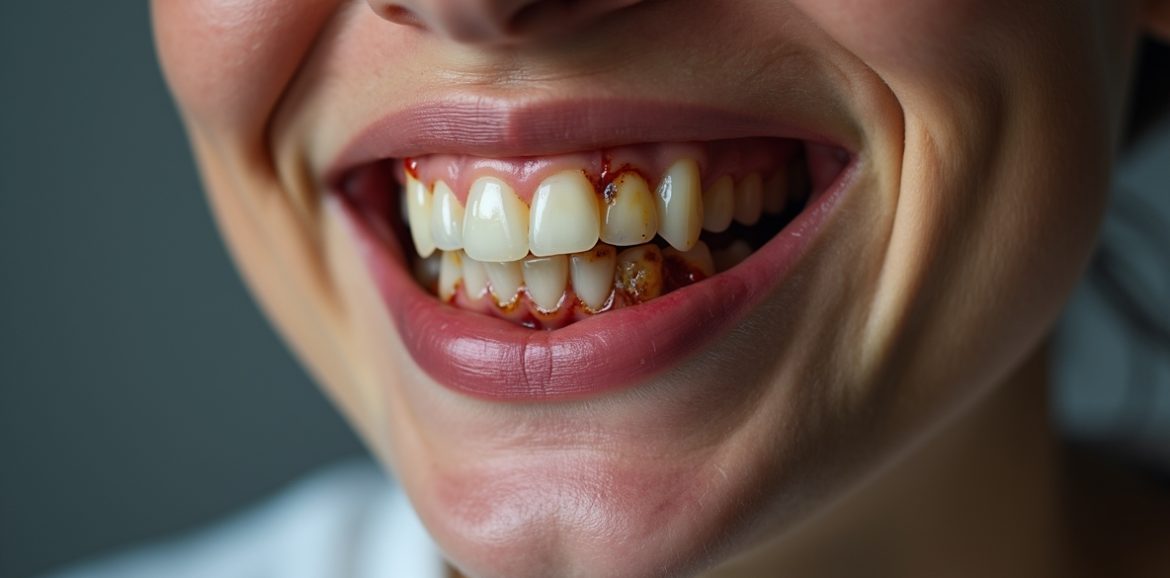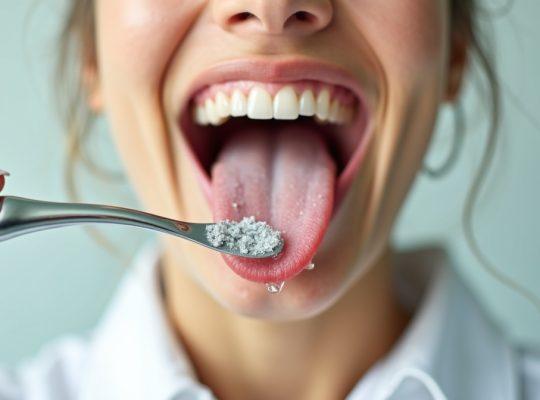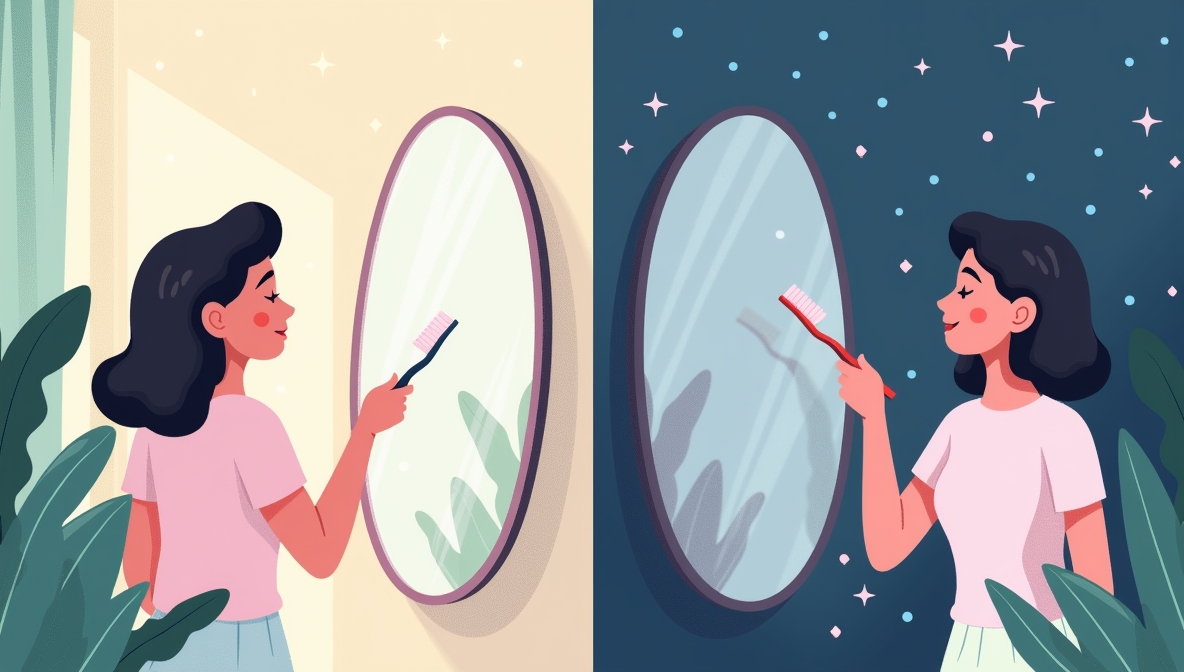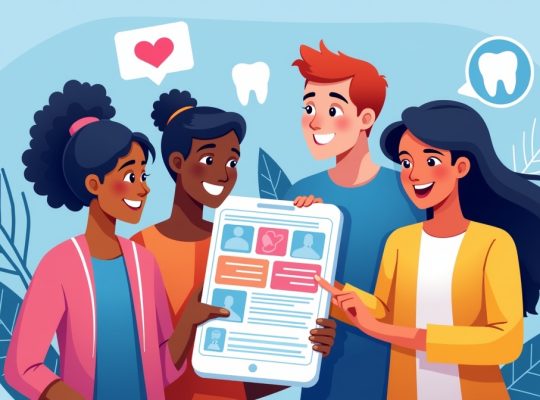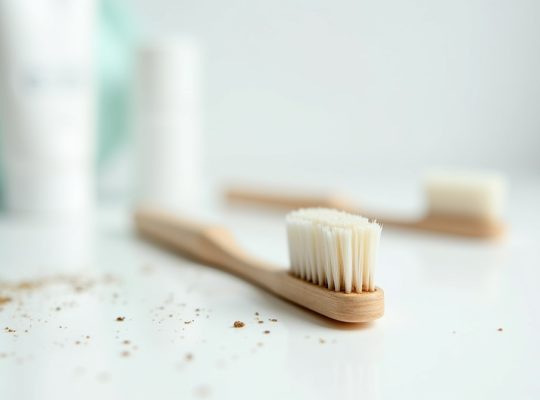Skipping your daily brush might seem like a small choice, but its impact goes beyond the surface. You might not notice it immediately, but over time, neglecting your oral hygiene can lead to serious consequences. It’s not just about bad breath or yellow teeth – the effects are much deeper, affecting your overall health and well-being. Brushing your teeth isn’t just a habit; it’s a shield for your entire body. So, what exactly happens when you skip brushing, and why should it matter to you?
The Immediate Effects on Your Mouth
When you skip brushing, you’re allowing plaque to accumulate on your teeth. This sticky film of bacteria doesn’t just sit there quietly – it starts working its way into your gums and teeth, leading to issues you might not see right away but can feel soon enough.
Bad Breath
You’ve probably noticed this one. When you skip brushing, food particles, bacteria, and plaque linger in your mouth. These bacteria break down food in your mouth, releasing unpleasant odors. While mouthwash might temporarily mask the smell, it’s not a real solution – only brushing will clean the surface of your teeth and gums to eliminate the root cause.
Plaque Build-Up
Plaque is a soft, sticky layer that forms on your teeth when bacteria from food and drink accumulate. If you don’t brush, plaque turns into tartar, a hard substance that can only be removed by a dentist. This not only affects the appearance of your teeth but also leads to gum disease if left untreated.
The Bigger Picture: Gum Health
Your gums are sensitive, and when you skip brushing, the bacteria in plaque start to irritate them. Over time, this can cause inflammation and bleeding, making your gums vulnerable to more severe conditions.
Gingivitis and Gum Disease
When plaque isn’t brushed away, it hardens into tartar, which irritates the gums. Gingivitis, the first stage of gum disease, is an early sign of gum irritation. If left untreated, gingivitis can progress into periodontitis, a much more severe condition that affects the bone supporting your teeth.
Periodontitis doesn’t just hurt your mouth; it can also lead to tooth loss, infections, and even affect your ability to chew and speak properly.
Your Teeth: More Than Just Aesthetic Damage
It’s easy to think of your teeth as simple objects for chewing and a feature for smiling. However, teeth play an important role in your overall health, and ignoring them could result in irreversible damage.
Tooth Decay
Tooth decay happens when the acid produced by bacteria in plaque breaks down tooth enamel, creating cavities. The longer plaque sits on your teeth, the more acid is produced, causing more damage to your enamel. The enamel can’t regenerate, so once it’s gone, your teeth are left vulnerable to further decay.
Sensitivity
Without proper brushing, enamel erosion can make your teeth more sensitive. Simple activities like eating hot or cold food could lead to sharp pain. If left unchecked, this sensitivity can get worse, affecting your quality of life.
Impact on Your Overall Health
What happens in your mouth doesn’t stay in your mouth. Your oral health connects to your overall health in ways you might not expect. A neglected mouth can create conditions that affect more than just your smile.
Increased Risk of Heart Disease
Research has shown a link between oral health and heart health. The bacteria in your mouth can travel through your bloodstream, causing inflammation in your body. This inflammation can contribute to the buildup of plaque in your arteries, increasing your risk of heart disease.
Diabetes Complications
Skipping brushing might make it harder for your body to control blood sugar levels. Gum disease is known to interfere with blood sugar control, potentially making it harder to manage diabetes. If you’re diabetic, taking care of your oral health is a crucial part of managing your condition.
Respiratory Problems
Bacteria from your mouth can be inhaled into your lungs, potentially leading to respiratory problems. Conditions like pneumonia and bronchitis have been linked to poor oral hygiene, as bacteria from the mouth make their way into the lungs.
The Long-Term Consequences
Skipping brushing once or twice might not seem like a big deal, but when it becomes a habit, the damage adds up. Over time, the effects of neglecting your oral hygiene can lead to significant health issues.
Chronic Bad Breath
Chronic bad breath, also known as halitosis, is a condition that can develop when plaque and bacteria are allowed to build up in your mouth. This isn’t just a minor inconvenience. Bad breath can affect your confidence and relationships, leading to social and emotional consequences.
Tooth Loss
Without brushing, the progression from plaque to tartar and eventually to gum disease can lead to tooth loss. As gum disease worsens, the infection can destroy the tissues and bone holding your teeth in place, causing teeth to become loose or fall out.
Expensive Dental Treatments
Ignoring brushing may lead to costly dental procedures down the line. From fillings to root canals to even tooth extractions, the price of fixing the damage caused by poor oral hygiene can add up fast. Routine brushing helps to prevent these costly procedures, saving you both time and money in the long run.
What You Can Do to Avoid the Effects
Luckily, the consequences of skipping brushing aren’t irreversible, but they do require you to take action. Starting with simple habits can prevent the long-term issues and help you maintain your oral health.
Brush Twice a Day
The simple act of brushing twice a day can keep plaque at bay and prevent tooth decay. Use fluoride toothpaste to help protect your enamel and maintain gum health.
Don’t Skip Flossing
Flossing helps to remove food particles and plaque between your teeth that your toothbrush can’t reach. Adding this to your routine will significantly reduce the buildup of harmful bacteria.
Use Mouthwash
Mouthwash is a helpful addition to your routine, especially when you’re short on time. It can help rinse away bacteria and freshen your breath, but it shouldn’t replace brushing and flossing.
Regular Dental Check-Ups
Even with the best brushing habits, you can’t avoid seeing the dentist. Regular check-ups ensure that any problems are caught early, preventing them from becoming bigger issues. Your dentist can also clean areas your toothbrush might miss.
Final Thoughts
Skipping brushing doesn’t just affect your teeth – it can have lasting impacts on your entire body. From bad breath and gum disease to heart complications and diabetes, neglecting your oral hygiene can lead to serious health problems. But it’s never too late to start taking better care of your teeth. By brushing regularly, flossing, using mouthwash, and visiting the dentist, you can keep your smile healthy and avoid the costly and uncomfortable consequences of poor oral hygiene. Brushing is more than just a habit; it’s an investment in your health and well-being. So, the next time you’re tempted to skip brushing, remember: it’s not just about your teeth – it’s about your whole body.
